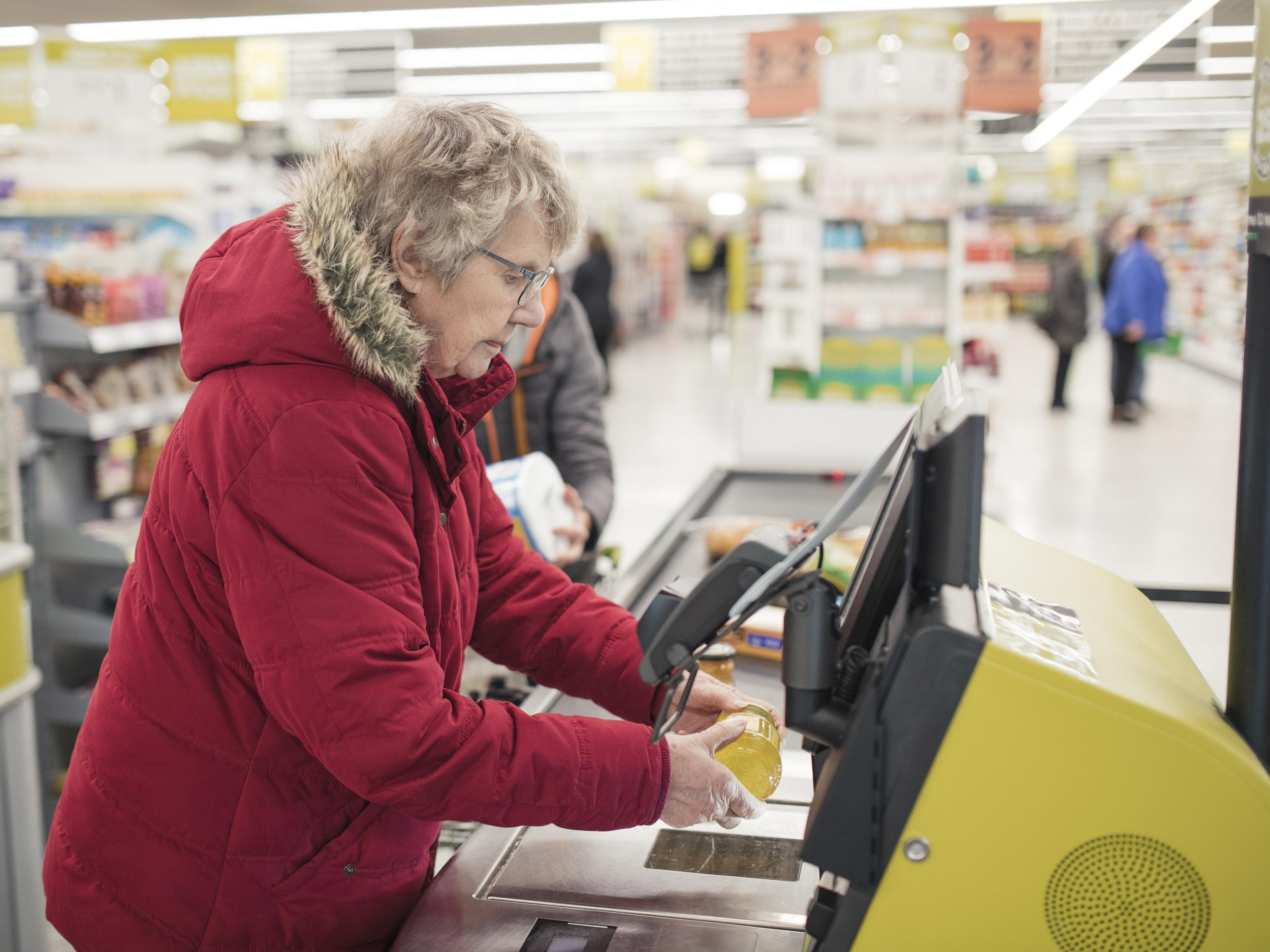Millions of British people are confused by automated services, survey claims
'Technology is transforming the way we live and work - but it can never replace the importance of the human touch'

Your support helps us to tell the story
From reproductive rights to climate change to Big Tech, The Independent is on the ground when the story is developing. Whether it's investigating the financials of Elon Musk's pro-Trump PAC or producing our latest documentary, 'The A Word', which shines a light on the American women fighting for reproductive rights, we know how important it is to parse out the facts from the messaging.
At such a critical moment in US history, we need reporters on the ground. Your donation allows us to keep sending journalists to speak to both sides of the story.
The Independent is trusted by Americans across the entire political spectrum. And unlike many other quality news outlets, we choose not to lock Americans out of our reporting and analysis with paywalls. We believe quality journalism should be available to everyone, paid for by those who can afford it.
Your support makes all the difference.Millions of British people are confused by automated services in shops and hotels, according to a new survey.
Research commissioned by AccorHotels found that a large percentage of those polled sometimes find it difficult to use technology such as automatic tills, self-scanning and unmanned service desks.
Nearly 50 per cent of the survey's respondents said they feel "confused" while using automated services and 64 per cent said they think human staff are more efficient.
However, 68 per cent believe technology will continue to replace human staff in the service industry.
Thomas Dubaere, chief operating officer of AccorHotels UK & Ireland, said: “Technology is transforming the way we live and work - but it can never replace the importance of the human touch.
“Business is best when it uses technology to empower staff to go off-script, to stop acting like robots and use emotional intelligence to put people, staff and customers, first.
“This research reinforces the importance of people in business, particularly hospitality and service industries, and demonstrates why technology should be used to enable honest and thoughtful human interaction, not replace it.''
The study also found one in two of the survey's respondents have made friends with a member of staff in a restaurant, hotel or shop in the past.
And 51 per cent said they would miss customer service assistants if they were replaced entirely by self-service technology.
Seventy four per cent said they value friendly customer service such as when staff take the time and make an effort to engage with them.
Another 49 per cent said they sometimes feel people who serve them in-store sound too robotic and "rehearsed", and said they would instead prefer to receive a service which felt more "off-script".
The study also revealed 42 per cent of those surveyed believe their time interacting with humans including family, friends and colleagues has decreased in the last five years.
When staying at a hotel, 67 per cent said they would like to be greeted by a human member of staff, and only six per cent would prefer the process to be completely automated.
While shopping, 46 per cent said they feel modern shops are understaffed, and 52 per cent dislike pushy salespeople.
Applied futurist speaker Tom Cheesewright said: “Ultimately, luxury is seamless service, however it is delivered.
''Now and into the future, only humans can complete that seamless experience.
“We are uniquely flexible, both physically and cognitively. We can be warm and empathic, picking up on what people need even if it isn’t consciously expressed.
“Until there is an explosion in the capabilities of AI and robotics, humans and machines are likely to exist side-by-side in any service environment."
He added: “Part of the joy of travel is interaction with new people.
''Just as the rise of digital music has been accompanied by a rise in the enjoyment of live music, and more tactile media like vinyl, so the rise of digital interactions in our everyday lives will likely see us value the human moments more.
“How will this look in tomorrow’s hotel?," he asked.
SWNS
Join our commenting forum
Join thought-provoking conversations, follow other Independent readers and see their replies
Comments